HEALTH CARE ACCESS:
The Honduran government provides two different types of health centers throughout rural Honduras: Centros de Salud Médico Odontológico (CESAMOs) and Centros de Salud Rural (CESARs). CESAMOs are the larger of the two, often found in municipalities, and typically have at least one physician on staff at all times with nurses and potentially a dentist. CESARs are found sporadically in rural communities and generally have a single nurse available. Even with this coverage, it is important to note that medications, supplies, and materials are often not available in these health centers and the physician density in Honduras remains around 1,220 people for every one doctor. According to the World Health Organization, there should be a maximum of 435 people per physician to qualify a country as having adequate access to medical attention.
El Junquillo does not have access to a local health center so community members must travel about 1.5 hours on foot to the nearest center in Goascarán. This health center in Goascorán is known as a CESAMO, which is the larger of the two different types of health centers provided by the government. It is usually staffed by at least one doctor and several nurses. Should a visitor to the health center require more medical attention than can be given at the center, community members can travel to the hospital in San Lorenzo.


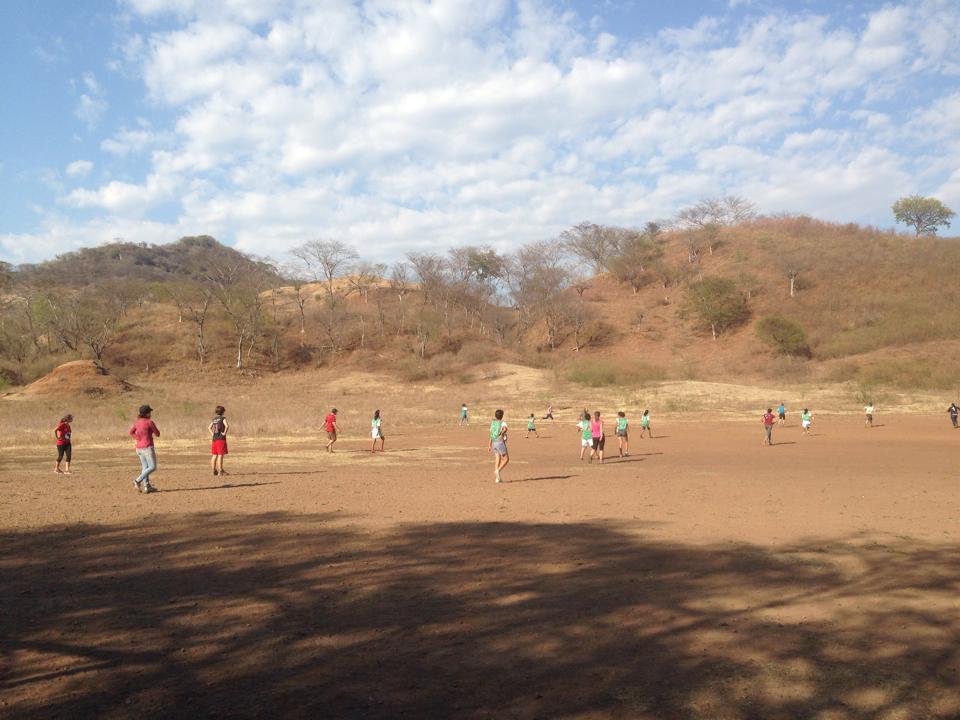
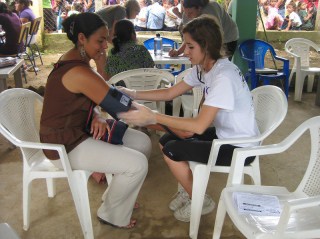 COMMUNITY HEALTH WORKERS:
COMMUNITY HEALTH WORKERS: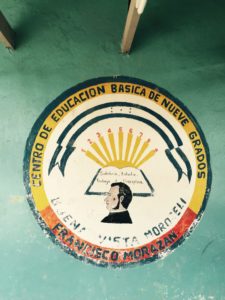 Since there is no health center in the community, brigades are held at the school. The school is on the smaller side, with 3 classrooms and one kitchen used for brigade stations. Outside space is used for the charla. Doctors spend an average of 10 minutes with each patient and volunteers are able to provide 9 educational charlas a day.
Since there is no health center in the community, brigades are held at the school. The school is on the smaller side, with 3 classrooms and one kitchen used for brigade stations. Outside space is used for the charla. Doctors spend an average of 10 minutes with each patient and volunteers are able to provide 9 educational charlas a day.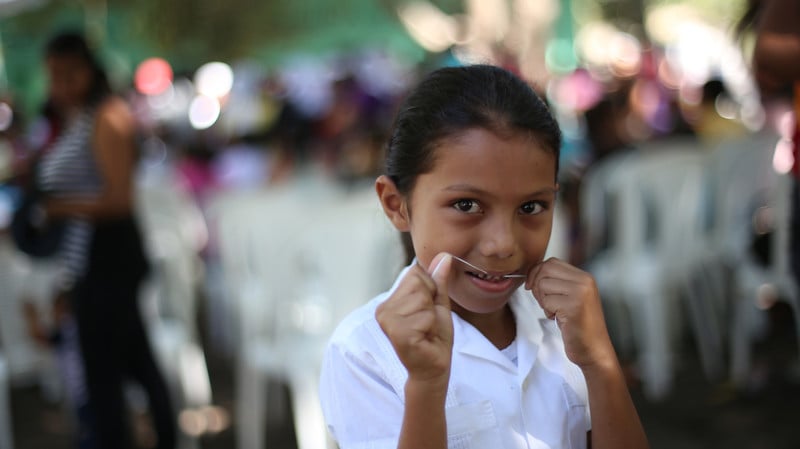 BRIGADE INFORMATION:
BRIGADE INFORMATION: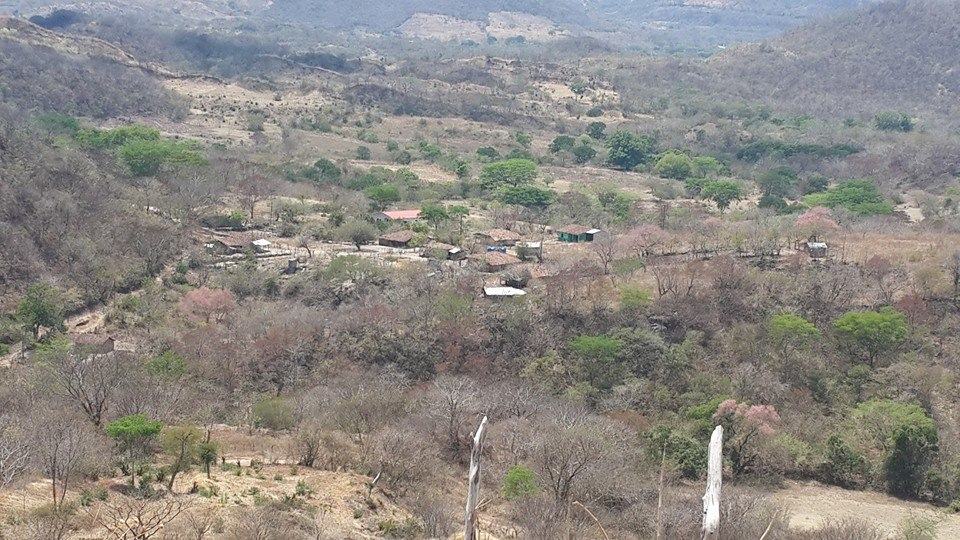 EL JUNQUILLO’S ENGINEERING SOLUTION:
EL JUNQUILLO’S ENGINEERING SOLUTION: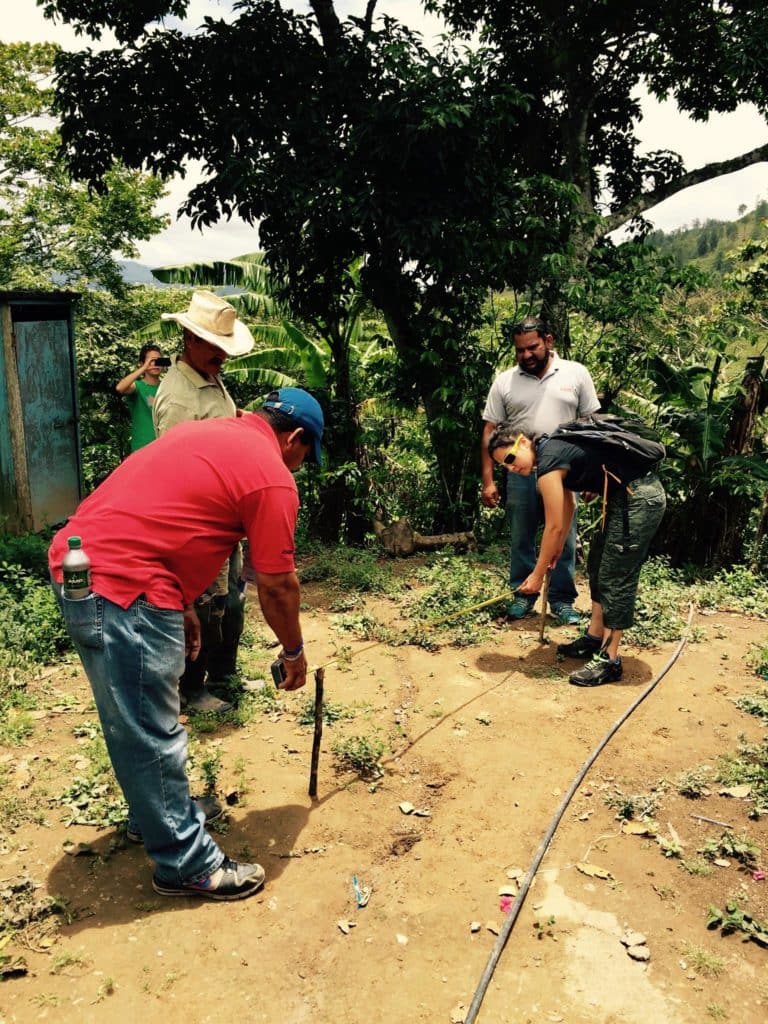 EL JUNQUILLO’S WATER SOLUTION:
EL JUNQUILLO’S WATER SOLUTION: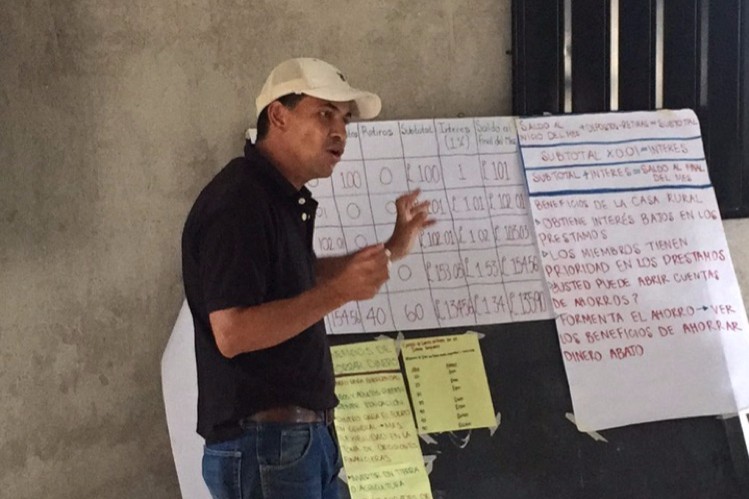 EL JUNQUILLO’S MICRO-FINANCE SOLUTION:
EL JUNQUILLO’S MICRO-FINANCE SOLUTION: